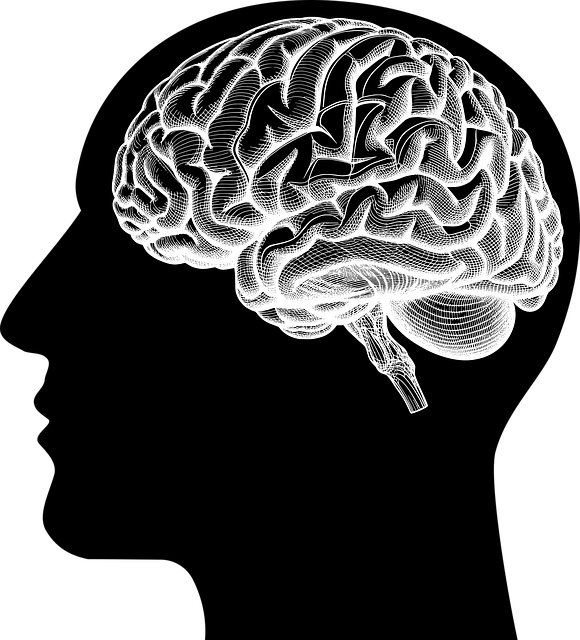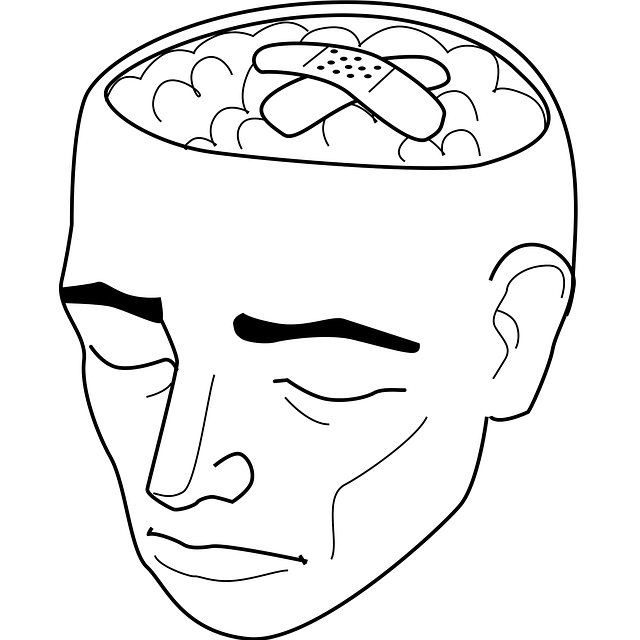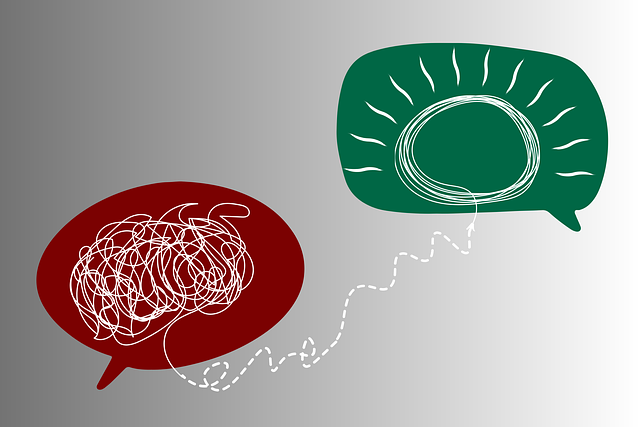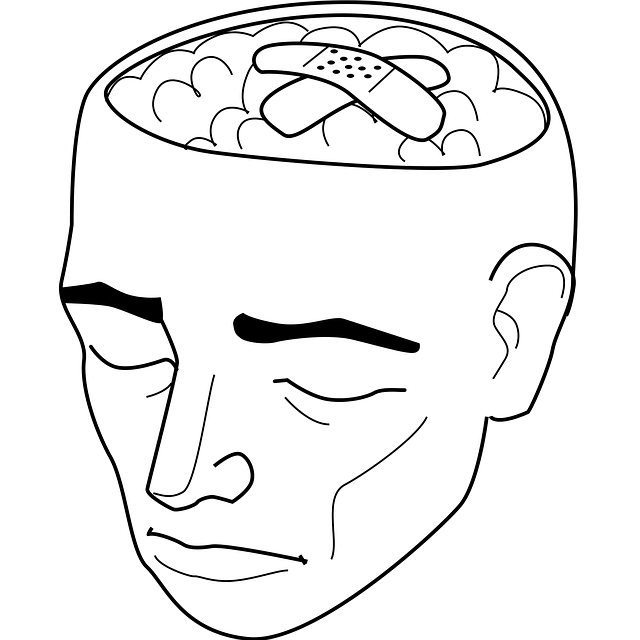Wheat Ridge Mindfulness Therapy offers a comprehensive, tailored approach to depression prevention and management, combining mindfulness meditation with self-care routines, stress management workshops, and compassionate cultivation practices. Their holistic method, backed by research, aims to reduce symptoms, foster resilience, and empower individuals to navigate their mental health journey effectively. Proactive mental health care, including regular exercise, sleep hygiene, social connections, and self-care practices, is crucial for preventing and managing depression, with Wheat Ridge Mindfulness Therapy providing specialized support for optimal well-being.
Depression is a prevalent yet complex mental health challenge, but armed with the right tools, prevention is feasible. This article explores comprehensive strategies for combating depression before it takes hold. From understanding its triggers and the transformative power of mindfulness and therapy to lifestyle adjustments and building resilient support networks, we provide practical insights tailored by Wheat Ridge Mindfulness Therapy. Embrace these steps towards long-term well-being and reclaim your joy.
- Understanding Depression and Its Triggers
- The Power of Mindfulness and Therapy
- Lifestyle Adjustments for Long-Term Well-Being
- Building a Support Network and Coping Mechanisms
Understanding Depression and Its Triggers

Depression is a complex mental health condition that significantly impacts an individual’s daily life and overall well-being. It’s more than just feeling sad; it’s a persistent state of low mood, loss of interest in activities once enjoyed, and a range of physical and cognitive symptoms. Recognizing the triggers that contribute to depression is essential for prevention and managing symptoms effectively. Many factors can play a role, including genetic predisposition, brain chemistry imbalances, stressful life events, chronic illnesses, or certain medications.
Wheat Ridge Mindfulness Therapy emphasizes the power of understanding and addressing these triggers through various approaches. One effective strategy is adopting a Self-Care Routine Development for Better Mental Health, which involves prioritizing activities that nourish both the mind and body. This could include regular Mindfulness Meditation practices to enhance emotional regulation and reduce stress. Additionally, organizations offering Stress Management Workshops can empower individuals with coping mechanisms and tools to navigate challenging situations. By combining these evidence-based strategies, one can proactively manage depression and promote a healthier, more resilient mindset.
The Power of Mindfulness and Therapy

Depression prevention strategies often emphasize the profound impact of cultivating mindfulness and seeking professional support through therapy. Wheat Ridge Mindfulness Therapy plays a pivotal role in empowering individuals to navigate their mental health journey. Through the lens of compassion cultivation practices, clients learn to embrace the present moment, fostering a deeper sense of self-awareness and emotional regulation. This therapeutic approach not only helps in managing symptoms but also aims to reduce the mental illness stigma, creating a safe space for exploration.
Integrating Mindfulness Meditation into routine practices has been shown to be an effective tool against depression. By focusing on breathing and observing thoughts without judgment, individuals can develop resilience and emotional flexibility. These skills prove invaluable in navigating life’s challenges, promoting overall well-being. When combined with the supportive environment of therapy, compassion cultivation practices offer a holistic approach to prevention, encouraging long-lasting positive changes.
Lifestyle Adjustments for Long-Term Well-Being

Adopting a proactive approach to mental health is key when considering long-term well-being. Simple yet effective lifestyle adjustments can significantly impact preventing and managing depression. Regular exercise, for instance, has been shown to boost mood and reduce symptoms of anxiety and depression. Incorporating activities like walking, yoga, or even gardening into your routine can provide a sense of accomplishment and improve overall mental resilience.
Additionally, prioritizing sleep hygiene is essential. Maintaining a consistent sleep schedule and creating a relaxing bedtime ritual can greatly enhance emotional stability. The practice of mindfulness, popularized by Wheat Ridge Mindfulness Therapy, encourages individuals to focus on the present moment, thereby reducing rumination and promoting better stress management. Nurturing social connections and fostering a supportive network are also vital elements of risk management planning for mental health professionals, as strong relationships contribute to overall Mental Health Awareness and emotional intelligence.
Building a Support Network and Coping Mechanisms

Building a strong support network is a cornerstone of depression prevention. Connecting with others who care and understand can provide a sense of belonging and comfort during challenging times. This could involve joining support groups, reaching out to friends and family, or seeking professional guidance from Wheat Ridge Mindfulness Therapy. These connections offer not just emotional support but also practical advice and coping strategies tailored to individual needs.
Coping mechanisms play a vital role in managing stress and preventing depressive episodes. Engaging in regular self-care practices, such as exercise, mindfulness exercises, and healthy sleep habits, can significantly improve mental well-being. Additionally, participating in Stress Management Workshops organized by communities or Self-Care Practices initiatives can equip individuals with effective tools to navigate stressful situations. Resilience Building techniques, like cognitive reframing and problem-solving skills, empower people to face challenges head-on, fostering a sense of control and promoting emotional stability.
Depression prevention is a holistic process that involves understanding our minds, bodies, and environments. By integrating mindfulness practices and seeking professional therapy, such as that offered by Wheat Ridge Mindfulness Therapy, we can cultivate resilience against life’s challenges. Lifestyle adjustments, including regular exercise and balanced nutrition, play a significant role in maintaining mental well-being. Additionally, building a strong support network and developing effective coping mechanisms are essential tools in our mental health arsenal. With dedication and the right resources, preventing depression is achievable, allowing us to live fulfilling lives.














